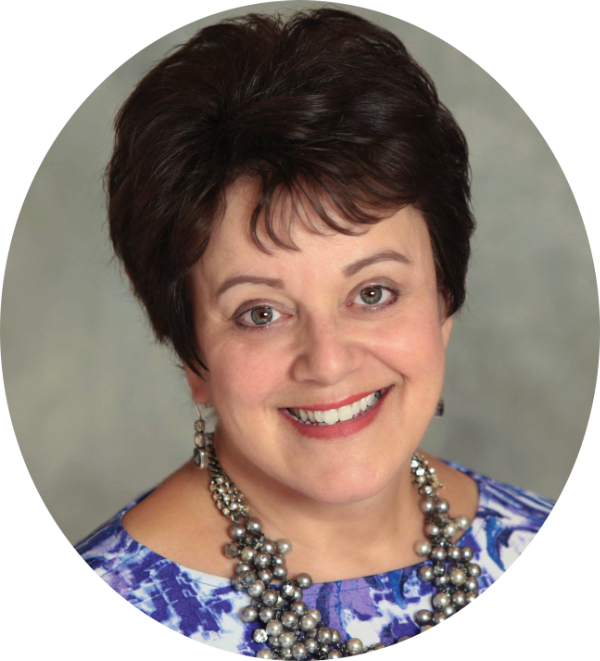A life coach gets to learn about a lot of circumstances and stories that affect people’s lives. When the life coach is also a writer and an admirer of the everyday heroes around us, like me, then the stories are a continual source of inspiration.
I recently met a man who is “young at heart” but whose early life was a nightmare; born into crushing poverty in a family with an alcoholic parent, he was surrendered to an adoption agency by the time he was three years old. Then he was placed “temporarily” in a foster family where there was not only alcoholism, but also abuse that lasted until he was able to escape when he ran away from home at age 16. Looking at this man in his adulthood, it seems miraculous that he had survived such a harsh beginning, much less thrived in life. But he is the owner of a small, successful business, and has been happily married to the same woman for 40 years. He entered coaching seeking to put to rest some of the painful memories of his early life. In his sixties, he suspects that there may be more years behind him than there are likely to be ahead of him, so he has decided to put these memories in the past where they belong.
This spring I also met an animated and interesting older woman, suffering from a chronic condition that will eventually take her life, who talks about family relationship difficulties as she prepares for the end of life. She, too, is a successful person, founder of a family business that she shared with her spouse until he died. Her marriage was difficult; her spouse became alcoholic in his thirties and then ill with dementia in his later years. She was steadfast in caring for him, and raising three sons from whom she has become estranged. We discuss strategies that allow her to maintain her dignity and autonomy, while also affording her chances to rebuild the broken relationships that she hopes to mend before leaving this earth.
I enjoy both of these clients tremendously. What I am learning from them is that we don’t automatically reach a stopping point in our personal growth as the result of becoming old. Old people have emotional work to do, too, just as they did when they were younger. Elderly people can be bitter, anxious and self-centered, or they can be happy and engaged with other people and the world at large. Provided we are in reasonably good physical health, these are choices we get to make right up until we die.
I am also learning that one of the gifts of age is realizing that joy comes from knowing what matters most in life, and then acting to bring more of the people, places and things that are meaningful into our daily experience. Often, the price we pay for joy is being willing to forgive ourselves and others who have caused us pain.
Forgiveness is hard work at times; much depends on a person’s outlook, and their view of the “Big Picture.” For example, the man who comes to coaching no longer has the option of talking with people from his early life in order to forgive them because they have already died. Fortunately, their physical presence is not necessary for forgiveness. He has been able to forgive them through a ritual of letter writing and then destroying the letters, blessing the ashes created from the fires in which they have burned. There’s a satisfying sense of completion derived from this ritual.
I think both of these clients are young in attitude even if they are old in years. What they are showing me is an overall resilience that they’ve acquired from their struggles in life and from overcoming obstacles. Each has learned how to create a life worth living. They have developed a strong inner purpose, and have an ongoing curiosity about people and events, and a willingness to do what it takes to heal a broken heart in order to be happy. What is youth, after all, if not these very capacities?




